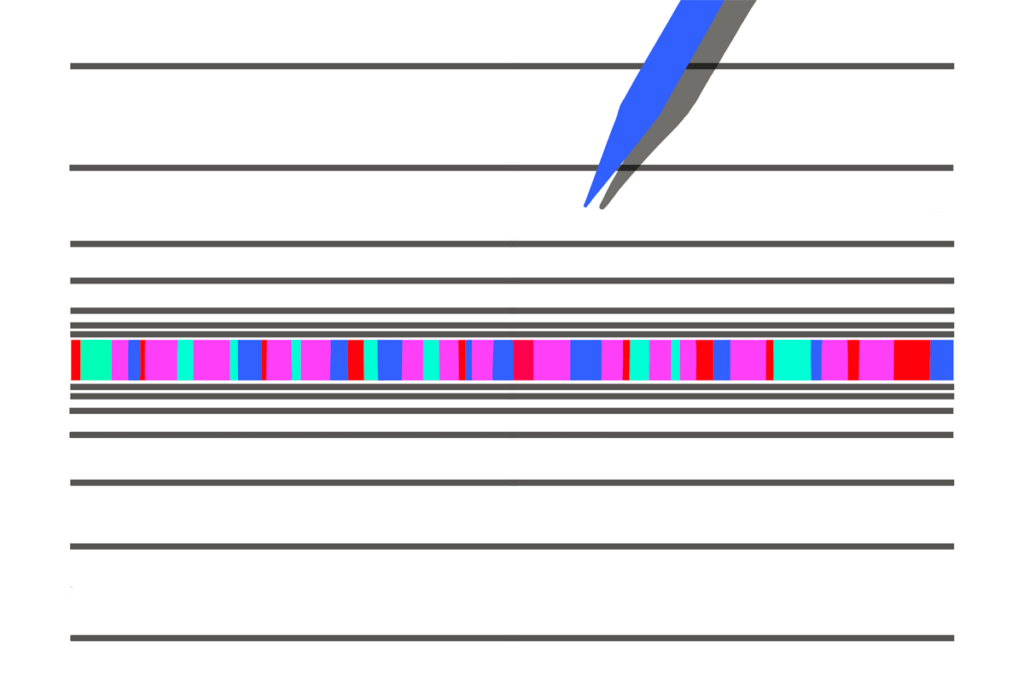I am Professor of Inclusive Practice at The Autism Centre, Sheffield Institute of Education, Sheffield Hallam University. Prior to joining the University in 1998, my professional background was in supporting disabled children and their families in schools for over 15 years. My research interests focus on all issues that impact on the education and well-being of disabled children and young people and their families. Much of my work has involved challenging deficit led models of disability that mark children and young people as disordered and other. I seek to identify and challenge the structural barriers that impede the aspirations of disabled children and young people and their families.
Nick Hodge
Professor of Inclusive Practice
Sheffield Hallam University
From this contributor
Why we should not define autism in terms of ‘deficits’
Autistic children in the United Kingdom are increasingly being suspended or expelled from school because of 'behavioral problems,' official figures show.

Why we should not define autism in terms of ‘deficits’
Explore more from The Transmitter
This paper changed my life: ‘Histone demethylation mediated by the nuclear amine oxidase homolog LSD1,’ from the Shi Lab
This paper defined key rules of epigenomic regulation and shaped how I study chromatin plasticity as a mechanism for experience-dependent changes in the brain.

This paper changed my life: ‘Histone demethylation mediated by the nuclear amine oxidase homolog LSD1,’ from the Shi Lab
This paper defined key rules of epigenomic regulation and shaped how I study chromatin plasticity as a mechanism for experience-dependent changes in the brain.
What’s next for brain-directed gene therapy after death in Neurogene trial
The incident highlights that viral vectors can trigger deadly immune responses even when delivered directly to the nervous system.

What’s next for brain-directed gene therapy after death in Neurogene trial
The incident highlights that viral vectors can trigger deadly immune responses even when delivered directly to the nervous system.
Hessameddin Akhlaghpour outlines how RNA may implement universal computation
Could the brain’s computational abilities extend beyond neural networks to molecular mechanisms? Akhlaghpour describes how natural universal computation may have evolved via RNA mechanisms.
Hessameddin Akhlaghpour outlines how RNA may implement universal computation
Could the brain’s computational abilities extend beyond neural networks to molecular mechanisms? Akhlaghpour describes how natural universal computation may have evolved via RNA mechanisms.